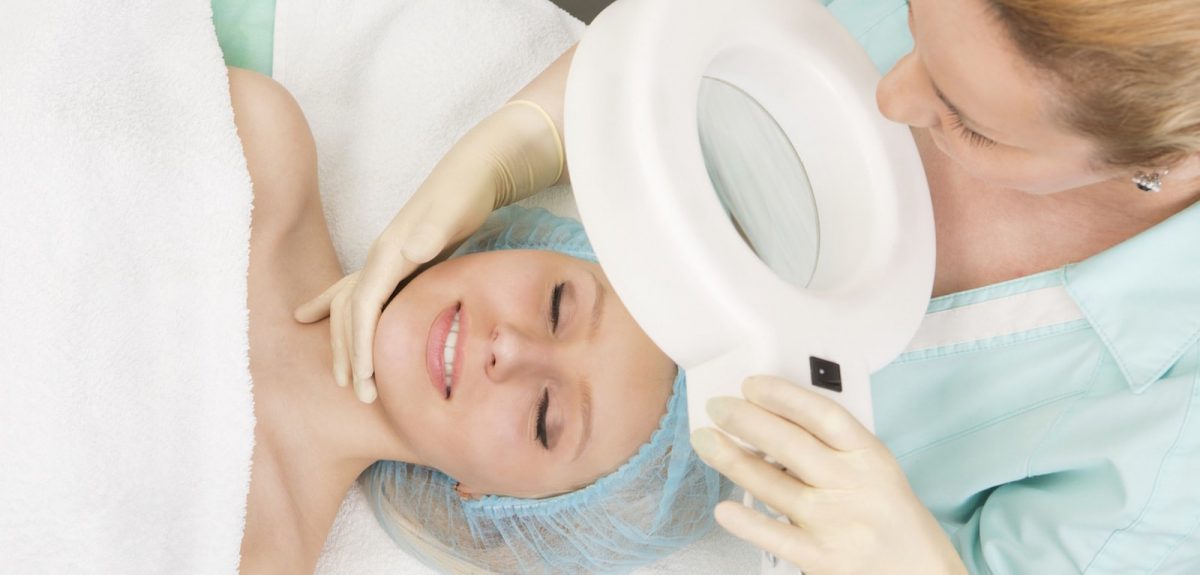It’s OK to have some cosmetic work while taking isotretinoin

Light chemical peels, microdermabrasion and laser hair removal are safe
After more than 30 years of concern, research has found people with acne don’t need to delay cosmetic treatments like light chemical peels, microdermabrasion and laser hair removal while they’re taking oral isotretinoin (Oratane, Roaccutane).
Acne affects up to 85% of Australians with about 5% having severe acne. Isotretinoin is one of the most effective treatments for severe acne but many people have been hesitant to have light cosmetic work while taking the treatment out of fear it would do more harm to their skin.
According to dermatologist and All About Acne member, Associate Professor Greg Goodman, the research into cosmetic procedures and isotretinoin is an important development for medical professionals and people with acne.
“While there are no formal guidelines regarding isotretinoin and cosmetic procedures, most medical professionals will wait up to six months after isotretinoin therapy before considering many cosmetic procedures. The Product Information for oral isotretinoin treatments also recommends a six-month wait.”
“This research has found it is unnecessary to delay the use of most lasers, energy devices, skin surgery and light chemical peels while a person is taking isotretinoin. However, we need to remain cautious about heavier chemical peels as well as fully ablative lasers and dermabrasion which involve the skin’s entire surface being treated.”
“As with any acne treatment or cosmetic procedure, it is critical to discuss options best suited to you with a qualified medical professional such as a dermatologist or cosmetic medicine practitioner. It is completely inappropriate and dangerous to seek advice or cosmetic procedures from unregulated, untrained operators.”
Published in JAMA Dermatology, the research findings have now been reflected in a consensus statement by the American Society for Dermatologic Surgery (ASDS).
Researchers evaluated 32 publications between 1982 and 2017, which reported 1,485 procedures performed either with or immediately following the conclusion of oral isotretinoin.
People with acne scarring can be treated much sooner
They were testing the widely held belief that some cosmetic procedures conducted within six to 12 months of oral isotretinoin use contributed to abnormal scarring of delayed wound healing. This was based on three small case series from the mid-1980s.
“This research opens up the possibility of treating people with acne scarring much earlier and we know that this provides a much better result for them,” said Professor Goodman.
“It also means we can consider combining acne treatments with early acne scarring treatments as some of these, especially light and radiofrequency, may enhance the effects of isotretinoin.”
“This research is a great example of herd prejudice and fear dictating treatment but it looks like science has come to the rescue!”
